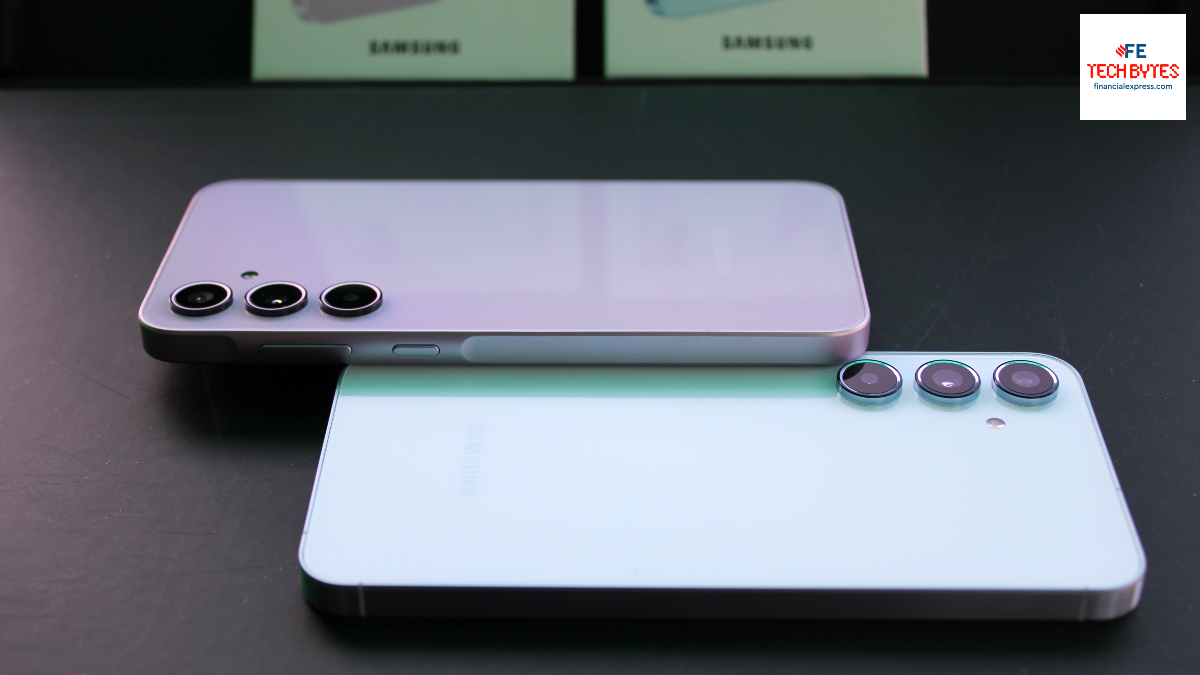On January 1, 1973, the UK joined the European Economic Community (EEC), now called the European Union. In 1975, the UK held a referendum on whether it should remain in the EEC; it decided to continue the membership. A referendum was held last week to decide whether Britain should leave or remain in the EU; it has voted for “leave”.
The UK, with a $2.989 trillion GDP in 2014, is one of the most important members of the EU (total GDP of $18.51 trillion). The UK also has significant trade within the EU and nearly half of the country’s overseas trade is conducted with the EU. Now if it decides to leave finally, it will affect trade in goods, services as well as investment to and from the UK.
On the goods side, the UK imports more from EU members than it exports. Thus, it will face a trade deficit with the EU after its final exit. The EU members will be subject to the same MFN tariff in the UK as with the rest of the world. This may decrease cost-competitiveness of EU producers and may lead to increased supply of goods from the rest of the world, erstwhile supplied by EU producers. For services, the movement of people to and from the UK will be affected as both UK and EU people will be subject to work permits and immigration requirements in each other’s territory. They will also be subject to recognition of qualification and experience criterion unless the UK decides to have a mutual recognition agreement with the EU.
The EU has free trade agreements with 58 countries providing preferential treatment to respective trade partners. The UK will need to either provide such preferential treatment to all countries on an MFN basis or impose higher MFN tariffs on imports from these FTA partner countries or renegotiate FTAs with these countries in order to fulfil its obligations under the WTO. Signing trade deal is a time-consuming process and requires years of negotiations. The UK may not have the required negotiating capacity as negotiations have so far been performed by the EU on behalf of the UK. Therefore, negotiation process and the capacity building for negotiation after Brexit may lead to economic uncertainty for the UK for a few years. As the exit process will take two years from the date of notification, the actual impact will be only after two years. In the interim, the effect on trade in goods and services will be more anticipatory and psyche-driven and less due to an actual change in trade policy.
Brexit might impact India-UK trade relations too. The UK is listed 18th among India’s top 25 trading partners. India’s exports to the UK were $5.3 billion in 2014-15 (share of 3% in India’s total exports). After Brexit, India may increase its exports to the UK, as the goods supplied by EU producers and the existing FTA partners of the EU will be subject to the same tariff as applicable to goods imported from India.
The UK may face shortage of skilled professionals if free movement of EU professionals is curtailed. This may lead to increased demand for Indian professionals. However, as increased immigration from the EU to the UK is also a reason for Brexit, increased immigration from India may not be seen as a desirable alternative in the UK.
An analysis of EU services commitments under the WTO reveals that the UK has sought exceptions for applying requirement of professional qualification with three years’ experience and application of the economic needs test (ENT) for services such as engineering, integrated engineering, medical, dental and midwives, veterinary, advertising, management consulting, etc. For financial services, the exceptions sought relate to the lead management of Sterling issues, including privately-led issues, by a firm in the European Economic Area. As the ENT is generally subjective and countries use it as a disguised means of protecting their services markets, India may like to negotiate for removal or transparent application of such ENTs if the UK decides to accede to the WTO.
India and the EU are negotiating the Broad-based Trade and Investment Agreement (BTIA). The sticky points from EU side are high tariffs on wine and automobiles in India. As the UK is not a major producer either of wines or automobiles, it may not insist on reducing tariffs on these items. Moreover, in order to show strong economic ties with emerging economies such as India and China, it may endeavour to strike a quick deal with India.
The UK is also a major export market for Indian IT/ITeS. It has increased barriers for temporary movement of professionals over the years and the visa conditions for such movement are also tightened, such as a skills levy of 1,000 pounds a year per intra-corporate transferee, raising the salary threshold for UK employers hiring Indian and other non-EU migrants on specialist jobs, etc. India would be able to better negotiate these issues in its bilateral FTA with the UK as these are difficult to negotiate under the ongoing India-EU BTIA.
Brexit will provide a window of opportunity for India. However, the gains will not be automatic and will require proactive efforts from the government as well as India Inc. Indian industry needs to capitalise on Brexit opportunity by moving ahead of the curve, else it may be grabbed by other countries.
The author works with the Centre for WTO Studies, Indian Institute of Foreign Trade, Delhi. Views are personal
pralok@iift.edu























